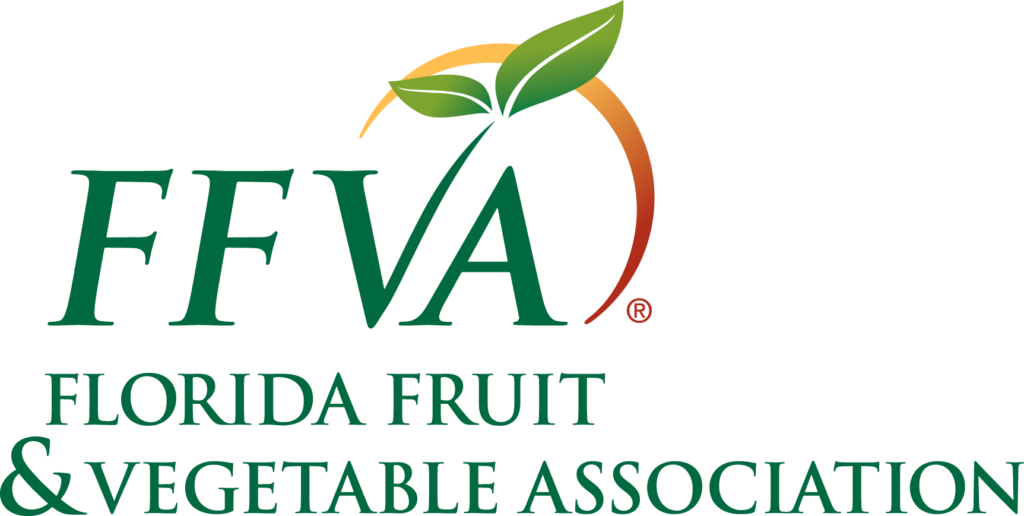The Florida Fruit and Vegetable Association (FFVA) submitted comments last week to the U.S. Environmental Protection Agency in response to the agency’s proposed interim registration review decision for thiophanate-methyl (TM) fungicide.

Strawberry, cucurbit vegetable, succulent bean, potato and peach producers, including FFVA members, benefit from the fungicide, as it manages and suppresses key diseases. These include white mold, crown rot, gummy stem blight, powdery mildew, target spot, belly rots, vine decay, brown rot, leaf blight and leaf scorch.
In fact, the FFVA requested the EPA expand the use of the fungicide for other crops battling diseases, including citrus and fruiting vegetables.
The letter included, “As every Florida grower knows, the industry’s most valuable asset is its people – the farmworkers who successfully establish, maintain and harvest the crop each season. Many of Florida’s specialty crops, such as strawberries and cucurbit vegetable crops, must be harvested every 3-5 days throughout the harvest season. In between harvests, farmworkers perform important roles in promoting crop health that require them to enter fields repeatedly prior to the next harvest interval. Therefore, maintaining established re-entry intervals (REI) and pre-harvest intervals (PHI) for this fungicide is critical.
“Many TM-labeled specialty crops have an REI of only 24 hours and a PHI of only 1 day. The current 24- hour REI on the label allows for minimal disruption of production schedules so that harvesting and other fieldwork activities can continue to correspond with 3 of 11 available marketing windows, and this contributes to improved prosperity of these Florida specialty crop producers. Growers are continuously aware of the importance of farmworker protection and safety. They take this responsibility very seriously and make every effort to encourage and enforce all guidelines associated with promoting farmworker health and wellness.
“TM provides outstanding overall benefits, and the extended history of safe use associated with TM in Florida should be fully considered by EPA before making any Final Registration Review decision. Removal or modification of use of this fungicides in any specialty crop agricultural sector will make disease management on these crops all the more difficult in our subtropical environmental climate.”
If members have questions, they are encouraged to contact FFVA VP of Science and Regulatory Affairs Mike Aerts.









